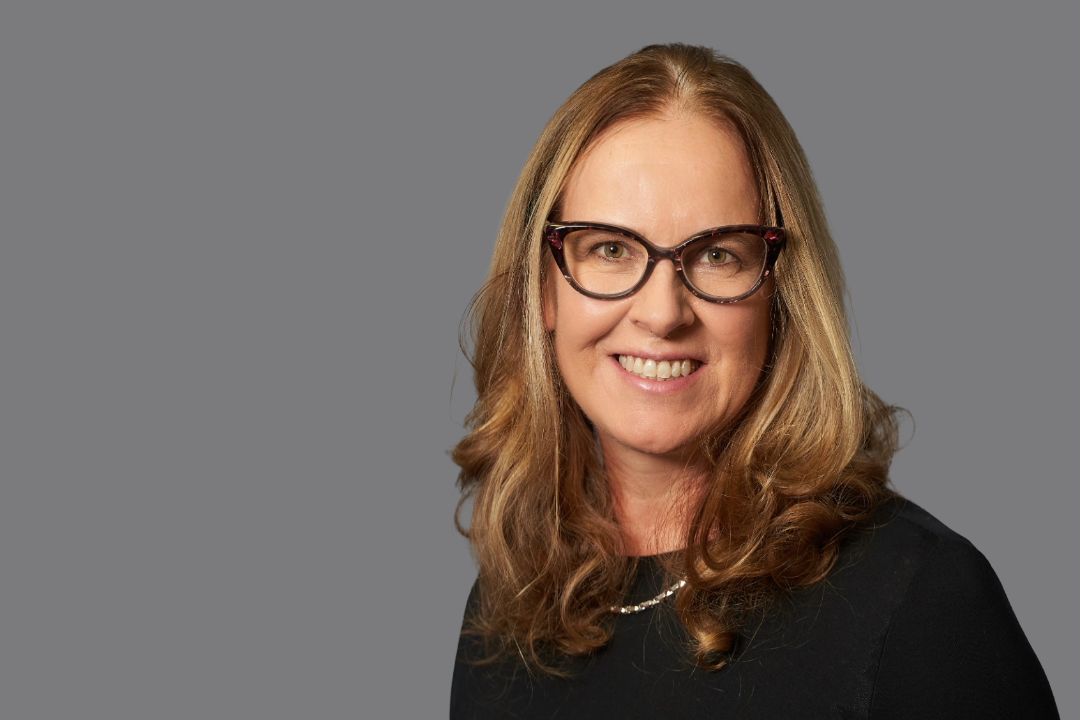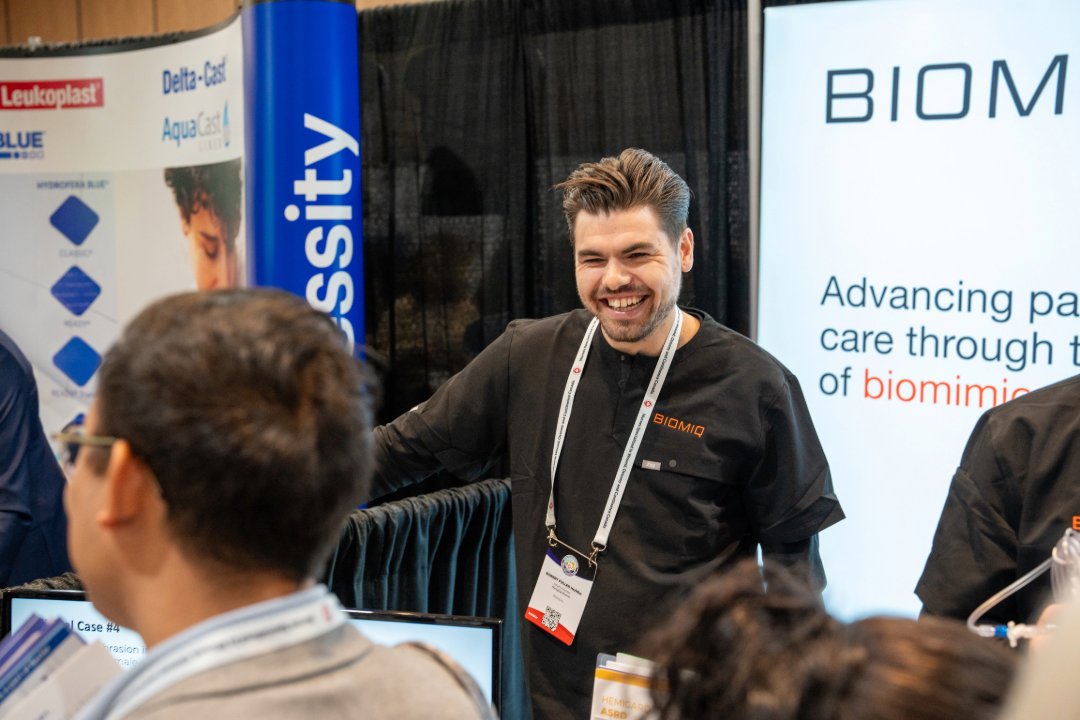
MIX Profile: Catherine Demers, founder of CorLibra
Heart failure is a chronic condition that affects millions of people across North America. In the U.S. alone, over 670,000 people are diagnosed with heart failure each year as the population continues to age.
Managing this chronic condition is critical to limiting cardiac damage and reducing hospitalizations. Today, the standard management protocol for heart failure is for patients to track their weight to prevent excess fluid retention, which can strain their hearts. If a patient gains water weight, their physician typically adjusts their diuretic dosage to expel the excess water.
Unfortunately, only 1 in 10 heart failure patients check their weight daily. It’s a challenge that Dr. Catherine Demers sees firsthand as a cardiologist, McMaster professor, and director at the Heart Function Clinic at Hamilton Health Sciences.
“Many have challenges in adjusting their own water pill usage, even though it’s a directive that we often give them in our specialized cardiology clinic,” she says.
Demers is bringing her 25 years of experience in heart failure research and care to her new venture, CorLibra. The startup is developing a software platform that promotes self-care for seniors living with heart failure.
From research to reality
Heart failure is a condition that primarily affects seniors and is often related to damage from a previous heart attack. Demers says 70 to 80 percent of heart failure patients are age 60 or older.
“Heart failure can happen due to the heart muscle being stiff or not relaxing properly. They’ve had stent or angioplasty or they might have had bypass surgery,” she says. “Young people with heart disease are usually diagnosed with non-ischemic dilated cardiomyopathy, also known as an enlarged heart.”
Almost 40% of people who live with heart failure have a comorbidity with diabetes, another condition that people need to self-care for. It was through research that Demers identified a potential solution for seniors to manage the self-care required with heart failure.
“My research was on identifying gaps to better understand how seniors deal with heart failure. They might have had issues with concentration or recognizing symptoms. We tested a prototype paper version which led to founding CoLibra in 2023,” Demers says.
Making home heart care manageable
Only five percent of heart failure patients have access to a hospital-based specialized heart failure clinic. The other 95 percent rely on routine visits with their healthcare professionals, who may be less accessible or specialized compared to a heart failure clinic.
“Most clinics can’t follow patients forever, just because of the demand. We need to find other ways of managing heart failure patients outside of these specialized clinics,” Demers says.
Demers tested the CorLibra prototype with her father, a pediatric cardiologist who was living with heart failure.
“He was well educated, but faced the same challenges as other people living with heart failure. He couldn’t recognize that his legs were swollen, and he didn’t know when to call his specialized clinic or to call his family doctor,” she says.
Demer’s father passed due to heart failure, but she says the information gained from him has helped shape the product.
“I watched him use it. I watched my mom interact with him using it. I watched the challenges he had when he was using it, and we modified the MVP based on that.”
The CorLibra platform uses a Bluetooth scale paired with a tablet application to turn heart failure care into an easy-to-remember routine.
“It’s a very short interaction specifically adapted for seniors to use and looks at just one metric,” she says.
The app has a scheduled alarm that wakes up the patient and guides them through checking the weight. If their weight is within the target range, the patient doesn’t need to take any further steps. If their weight is higher than usual, the app can suggest they take an additional diuretic.
“We can also guide them on when they need to reach out to their doctor, nurse practitioner, or even when to call 911,” Demers says.
By managing their weight at home, Demers says it could eventually reduce emergency room visits and hospitalizations.
Finding support at MIX
For Demers, the introduction to MIX couldn’t have come at a better time.
“I feel like the opportunity for us is great,” she says. “We have the MVP, we have a full-time software developer that’s working now at the company. Being part of MIX is setting us up for success on our regulatory pathway, which is the big challenge for all the medical devices.”
CorLibra is aiming for an FDA submission in 2026, and Demers says being around fellow medtech founders who understand that process is helping with their planning process.
“I need people who know about it. Who’ve been through the process,” she says.
CoLibra recently completed its first Health Canada ITA application and has also received funding for a clinical study at St. Joseph Hospital in Hamilton. The startup has also received funding from the McMaster Matchmaking Fund to complete its human factors testing.
“The fact that you have founders and mentors with experience who can guide us is the best thing at this time. This is going to really help us accelerate and get us to where we want in the next six months,” Demers says.



